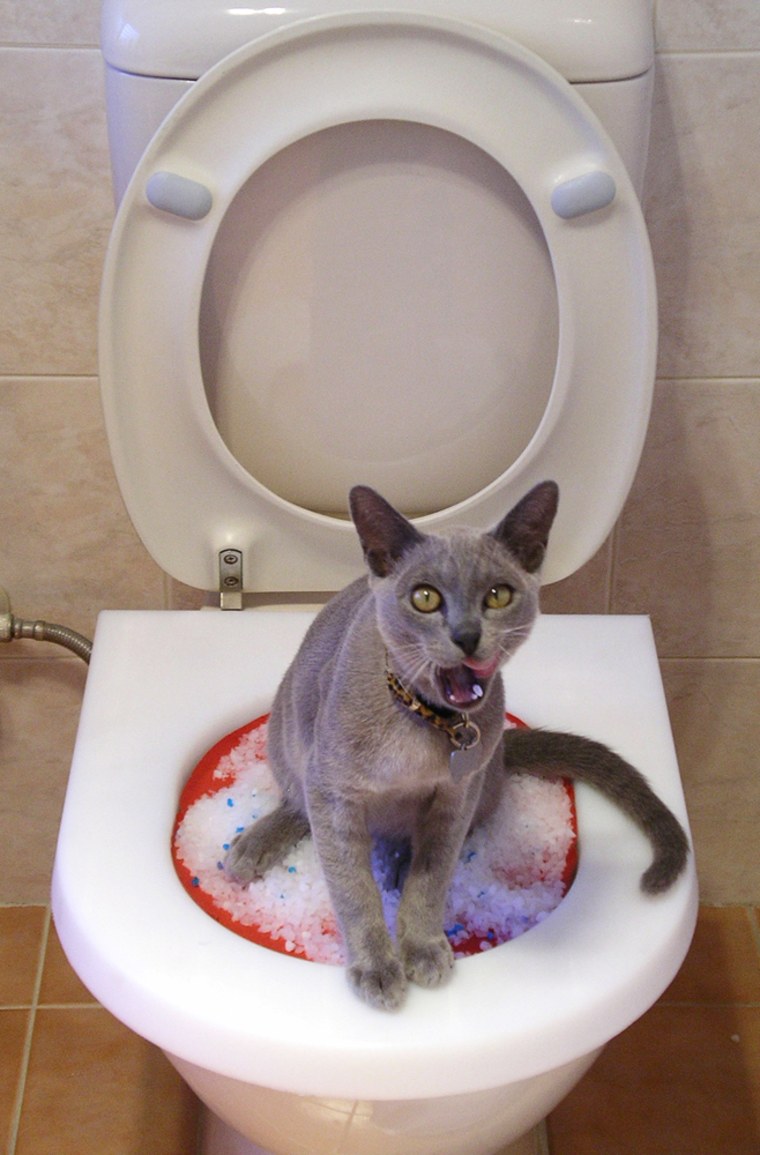The Dangers of Flushing Cat Poop Down Your Toilet - Tips for Safer Disposal
The Dangers of Flushing Cat Poop Down Your Toilet - Tips for Safer Disposal
Blog Article
This article which follows in relation to Can You Flush Cat Poo or Litter Down the Toilet? is truly interesting. Read it for your own benefit and figure out what you think about it.

Introduction
As feline proprietors, it's essential to be mindful of how we get rid of our feline pals' waste. While it may seem convenient to flush feline poop down the bathroom, this method can have destructive effects for both the atmosphere and human wellness.
Ecological Impact
Purging cat poop introduces damaging microorganisms and bloodsuckers right into the water, posturing a substantial threat to water ecosystems. These contaminants can negatively impact marine life and compromise water quality.
Health Risks
Along with ecological problems, purging pet cat waste can additionally posture wellness threats to people. Feline feces may include Toxoplasma gondii, a parasite that can cause toxoplasmosis-- a possibly extreme health problem, especially for pregnant females and people with weakened immune systems.
Alternatives to Flushing
Thankfully, there are more secure and a lot more accountable methods to deal with cat poop. Take into consideration the following choices:
1. Scoop and Dispose in Trash
One of the most typical method of disposing of pet cat poop is to scoop it right into a naturally degradable bag and throw it in the garbage. Make sure to use a specialized trash scoop and take care of the waste immediately.
2. Usage Biodegradable Litter
Select biodegradable pet cat trash made from materials such as corn or wheat. These clutters are eco-friendly and can be safely dealt with in the garbage.
3. Bury in the Yard
If you have a backyard, take into consideration burying pet cat waste in a marked area far from vegetable gardens and water resources. Make sure to dig deep enough to stop contamination of groundwater.
4. Set Up a Pet Waste Disposal System
Purchase a pet garbage disposal system specifically made for cat waste. These systems make use of enzymes to break down the waste, lowering odor and ecological impact.
Final thought
Liable pet possession extends beyond giving food and shelter-- it additionally involves proper waste monitoring. By refraining from flushing pet cat poop down the toilet and selecting different disposal methods, we can reduce our ecological impact and shield human health.
Why You Should Never Flush Cat Poop Down the Toilet
A rose by any other name might smell as sweet, but not all poop is created equal. Toilets, and our sewage systems, are designed for human excrement, not animal waste. It might seem like it couldn’t hurt to toss cat feces into the loo, but it’s not a good idea to flush cat poop in the toilet.
First and foremost, assuming your cat uses a litter box, any waste is going to have litter on it. And even the smallest amount of litter can wreak havoc on plumbing.
Over time, small amounts build up, filling up your septic system. Most litter sold today is clumping; it is made from a type of clay that hardens when it gets wet. Ever tried to scrape old clumps from the bottom of a litter box? You know just how cement-hard it can get!
Now imagine just a small clump of that stuck in your pipes. A simple de-clogger like Drano isn’t going to cut it. And that means it’s going to cost you big time to fix it.
Parasitic Contamination
Believe it or not, your healthy kitty may be harboring a nasty parasite. Only cats excrete Toxoplasma in their feces. Yet it rarely causes serious health issues in the cats that are infected. Most people will be fine too if infected. Only pregnant women and people with compromised immune systems are at risk. (If you’ve ever heard how women who are expecting are excused from litter cleaning duty, Toxoplasma is why.)
But other animals may have a problem if infected with the parasite. And human water treatment systems aren’t designed to handle it. As a result, the systems don’t remove the parasite before discharging wastewater into local waterways. Fish, shellfish, and other marine life — otters in particular — are susceptible to toxoplasma. If exposed, most will end up with brain damage and many will die.
Depending on the species of fish, they may end up on someone’s fish hook and, ultimately on someone’s dinner plate. If that someone has a chronic illness, they’re at risk.
Skip the Toilet Training
We know there are folks out there who like to toilet train their cats. And we give them props, it takes a lot of work. But thanks to the toxoplasma, it’s not a good idea.

I was shown that article about How to Dispose of Cat Poop and Litter Without Plastic Bags through someone on our other site. Those who liked our article kindly make sure you remember to pass it around. We enjoy reading our article about How to Dispose of Cat Poop and Litter Without Plastic Bags.
Call Today Report this page